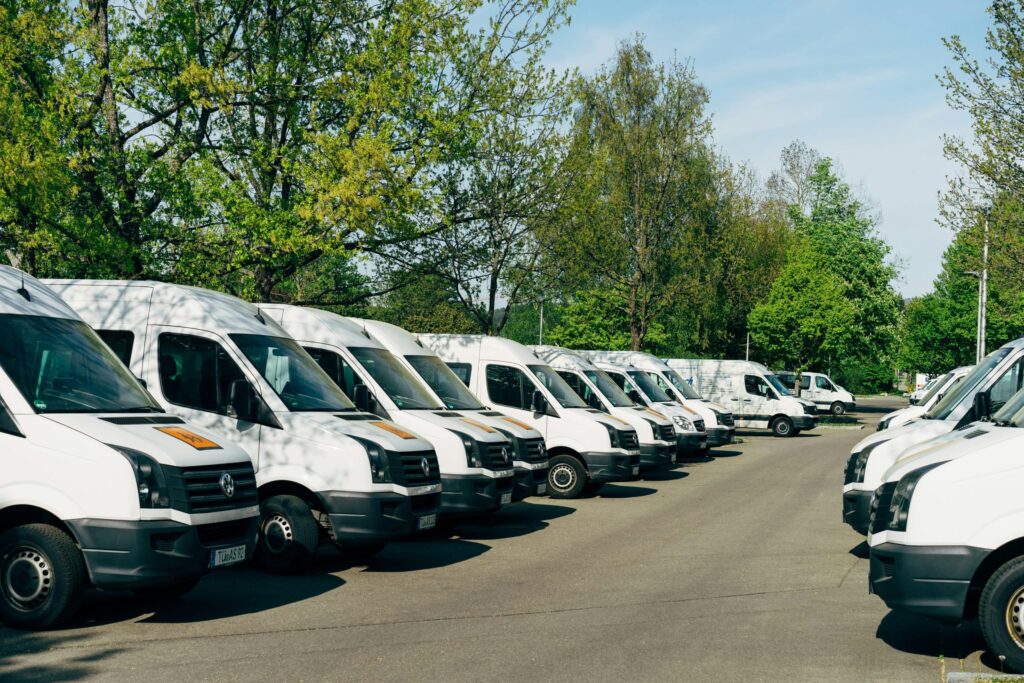This article is included in these additional categories:
New research from Cox Automotive reveals fleet owners managing both electric vehicles (EVs) and internal-combustion engine (ICE) vehicles report higher satisfaction with their EVs. The study, The Future of Fleets: Path to EV Adoption, highlights significant trends favoring EVs over ICE vehicles.
Increased Satisfaction with EVs
Fleet owners are more satisfied with their EVs in areas such as overall satisfaction, cost of ownership, and vehicle capabilities. According to Cox’s study, EVs achieve superior scores across these key metrics compared to ICE vehicles.
The report, released alongside Cox Automotive’s comprehensive 2024 Path to EV Adoption Study, examines the growing inclination towards EVs among fleet operators. Data collected in Q1 2024 from fleet decision-makers reveals that 14% of fleets currently operate EVs, with a substantial increase expected over the next five years.
Zo Rahim, senior manager of Research and Market Intelligence at Cox Automotive, emphasized, “The electric-vehicle story is much larger than just the retail story. Electric vehicles can be an ideal solution for many fleet operations, which often have set routes of known distances, vehicles that routinely overnight in the same location, and operations that prioritize the cost of ownership.”
Future EV Acquisition and Fleet Composition
Fleet operators utilizing EVs show a 90% likelihood of acquiring more EVs in their next purchase cycle. Overall, 87% of all fleet owners expect to integrate EVs into their fleets within the next five years. The projected share of EVs in the average fleet is anticipated to reach 43% in five years, with current EV operators predicting an even higher share of 58%.
Awareness and Barriers
The research highlights high awareness of fleet EV incentives, which can significantly reduce acquisition costs, a factor viewed more favorably in the fleet market compared to the retail sector. However, barriers to greater EV adoption persist. Acquisition cost remains a primary concern for fleet buyers. Existing EV owners also highlight the lack of charging infrastructure, high prices, limited mileage range, and battery replacement costs as significant obstacles.
EV Maintenance and Repairs
The study indicates that while EVs may require slightly more frequent maintenance and repairs than ICE vehicles, fleet operators are more satisfied with their EVs. Nearly half of EV fleet owners (48%) express higher satisfaction with their EVs compared to 27% who favor their ICE vehicles for service. Routine services, including tire and brake maintenance, are the most common for EVs, whereas emergency services, though relatively low, occur more frequently in EVs than in gasoline and diesel vehicles.
Overall Satisfaction and Cost Efficiency
EVs outperform ICE vehicles in overall satisfaction and total cost of ownership among fleet operators managing both powertrains. Satisfaction levels concerning business purpose fulfillment and vehicle usage are also higher for EVs, though approximately 40% of respondents find both powertrains equally satisfactory.
Zo Rahim concludes, “It is a good sign that overall satisfaction with EV in the fleet business is relatively high. There are certainly challenges in shifting a business away from traditional ICE powertrains, but if owners and operators are generally satisfied with the outcome and see tangible savings, EV adoption could certainly accelerate through the end of the decade.”
Key Takeaways from the Study
- EVs are Gaining Traction: Currently, 14% of fleets operate EVs, with significant growth anticipated in the next five years, especially among fleets already using EVs.
- Cost Considerations: High costs remain a barrier; however, fleet EV incentive awareness is favorable compared to the retail market.
- Charging Infrastructure Concerns: Availability of charging stations and faster charge times are critical to improving EV adoption.
- Service and Maintenance: EVs require slightly more maintenance than ICE vehicles, with opportunities in service sectors.
- Satisfaction Levels: Fleet owners show higher satisfaction with EVs, including in cost of ownership and vehicle capabilities.
Original Story at www.environmentenergyleader.com
